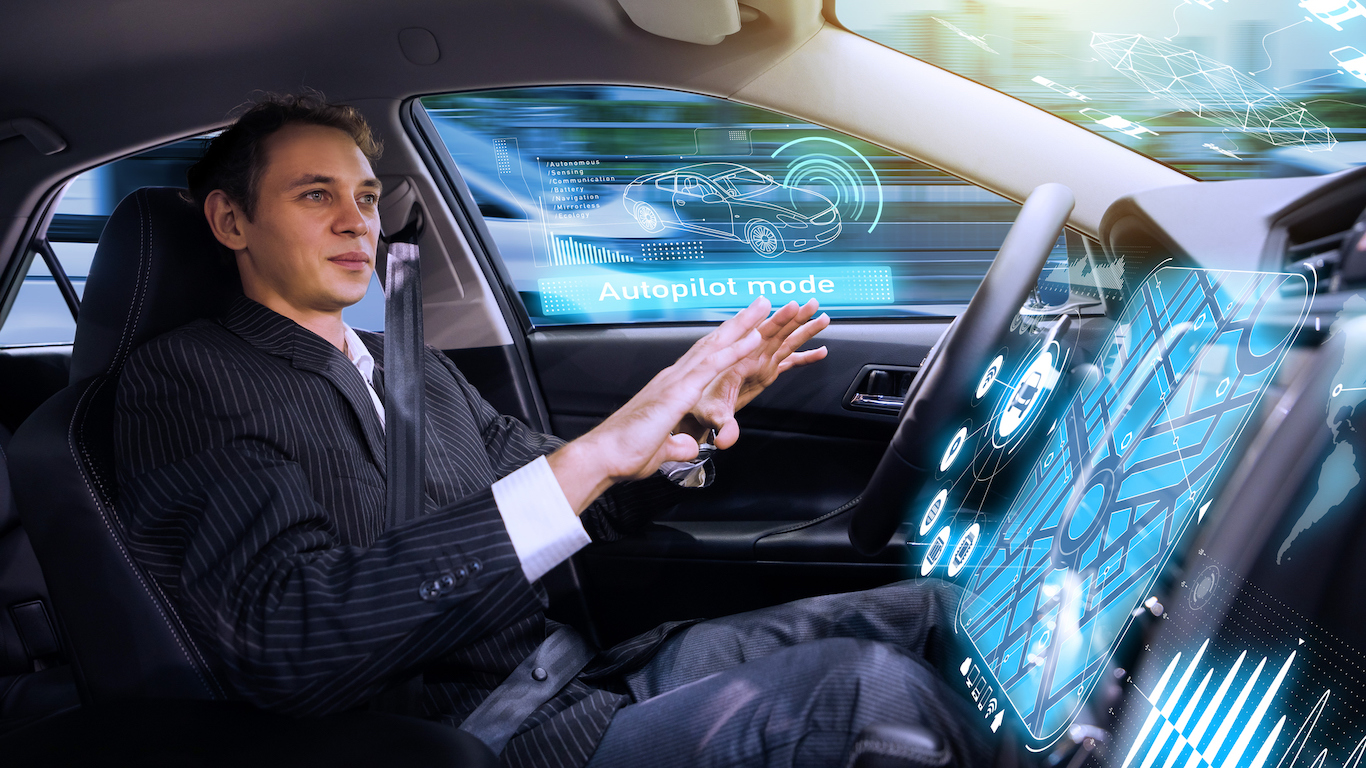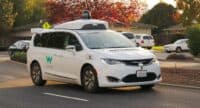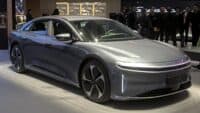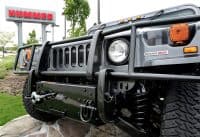
At the rate Amazon.com Inc. (NASDAQ: AMZN) is investing in automotive technology, you’d think the company wants to take over the auto industry as well as the retail and grocery industries. That’s probably not what’s happening, even though the e-commerce giant paid an undisclosed amount to acquire autonomous driving firm Zoox.
The acquisition was first rumored in late May. Zoox has been working on electric-powered robot taxis since its founding in 2014. The company had a three-pronged approach to the auto industry: first as a creator of driverless technology, second as a ride-hailing network and third as a supplier of the software stack to firms (like, say, Amazon) that want to build their own fleets of driverless vehicles.
Amazon last year led one round of funding in electric vehicle maker Rivian and participated in a second round. The February round, led by Amazon, raised $700 million while the $1.3 billion round in December was led by T. Rowe Price and funds managed by BlackRock.
According to Amazon’s announcement, Zoox CEO Aicha Evans and CTO Jesse Levinson, co-founder and chief technology officer, will continue to lead Zoox as a standalone business. Zoox will continue to work on its basic vehicle aimed at ride-hailing firms like Uber and Lyft.
That would give the well-heeled Amazon some leverage in a sector where Uber has had to cut back on its own driverless technology development due to the COVID-19 pandemic. Amazon is one of the companies expected to see a boost to revenues and profits from the pandemic.
The e-commerce behemoth has ordered 100,000 electric delivery vans from Rivian with deliveries scheduled for 2024. It doesn’t take a lot of imagination to speculate that Amazon’s ultimate goal is to equip its Rivian-built electric vehicles with the software platform developed at Zoox.
The terms of the acquisition were not announced. In May, however, Assain Hussain, a mobility analyst for Pitchbook, said in a note to investors that $1.1 billion would be a fair price for Zoox, even though it would represent “a 65.6% haircut from its previous post-money valuation of $3.2 billion.”
At the end of the first quarter, Amazon reported $49.3 billion in cash and equivalents, so a purchase price in the neighborhood of $1 billion is worth the possibility that an electrified, self-driving fleet of 100,000 delivery vans could save Amazon some $20 billion a year in delivery costs.
As the noon hour drew to a close, Amazon stock traded down about 0.1% for the day, at $2,751.12 in a 52-week range of $1,626.03 to $2,796.00. The consensus 12-month price target on the stock is $2,753.24.
Travel Cards Are Getting Too Good To Ignore (sponsored)
Credit card companies are pulling out all the stops, with the issuers are offering insane travel rewards and perks.
We’re talking huge sign-up bonuses, points on every purchase, and benefits like lounge access, travel credits, and free hotel nights. For travelers, these rewards can add up to thousands of dollars in flights, upgrades, and luxury experiences every year.
It’s like getting paid to travel — and it’s available to qualified borrowers who know where to look.
We’ve rounded up some of the best travel credit cards on the market. Click here to see the list. Don’t miss these offers — they won’t be this good forever.
Thank you for reading! Have some feedback for us?
Contact the 24/7 Wall St. editorial team.
 24/7 Wall St.
24/7 Wall St.



